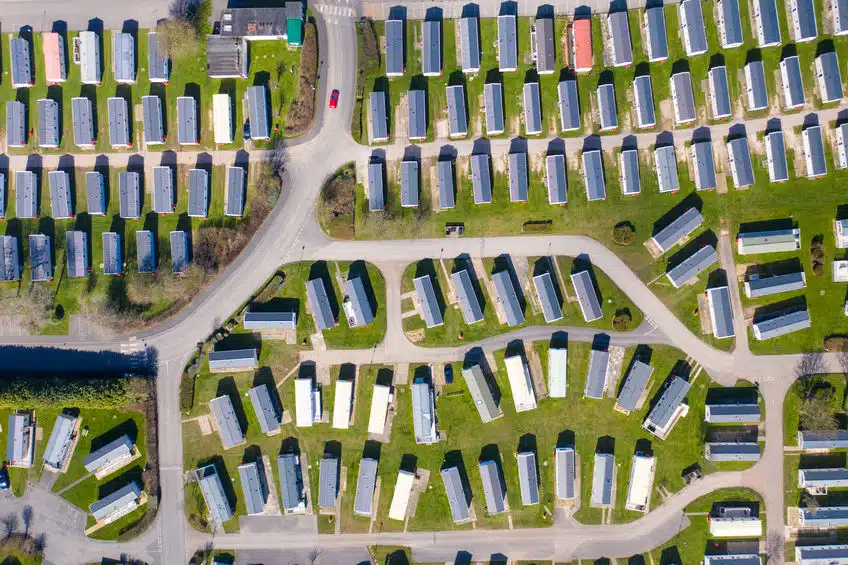
Operating a manufactured housing community presents a unique set of legal challenges. From compliance with federal and state regulations to handling tenant disputes and abandoned homes, community operators need to stay informed and proactive.
Below, we’ll explore the key legal complexities of managing manufactured housing communities and how legal guidance can help navigate these challenges.
Regulatory Compliance
Manufactured housing communities must comply with federal, state, and local regulations. Federal laws, particularly those from the U.S. Department of Housing and Urban Development (HUD), govern the safety and construction of manufactured homes. At the state level, specific laws, such as those in Michigan, dictate how these communities must operate, manage tenants, and handle evictions. Local zoning laws and ordinances add another layer of complexity, often determining how land can be used and what expansions are allowed within the community.
Remaining compliant with these regulations is essential to avoid fines, legal disputes, or forced operational changes.
Evictions in Manufactured Housing Communities
Evictions in manufactured housing communities can be more complicated than in traditional rental properties. When a tenant is evicted, the home may still remain on the property, adding a layer of complexity to the process. Following proper legal steps for eviction is critical to avoid disputes or delays. Legal guidance is recommended to ensure that eviction procedures are handled correctly and in accordance with state and local laws.
Handling Abandoned Homes
Abandoned homes are another common issue in manufactured housing communities. If a tenant leaves without notice, operators must follow legal procedures to reclaim and manage the abandoned property. This may involve filing claim and delivery actions to take control of the home and handle its removal or resale. In many cases, an abandoned title action is required to obtain clear ownership of the property and move forward with any necessary steps.
Lease Agreements and Tenant Relations
Leases in manufactured housing communities must be tailored to meet legal standards while protecting the operator’s interests. These agreements should clearly define rent terms, tenant responsibilities, and procedures for eviction or disputes. Properly drafted leases and legal strategies for handling tenant disputes can prevent costly legal issues down the road.
If you operate a manufactured housing community and need assistance with legal matters, our experienced attorneys at the Law Offices of Aaron D. Cox can help. We represent manufactured housing communities throughout Michigan and are the first choice for some of the nation’s largest operators. Our office can assist with eviction needs, claim and delivery actions, and abandoned title actions to resolve homes left on your property.
Contact us today to ensure your community is protected and operating in full compliance!
